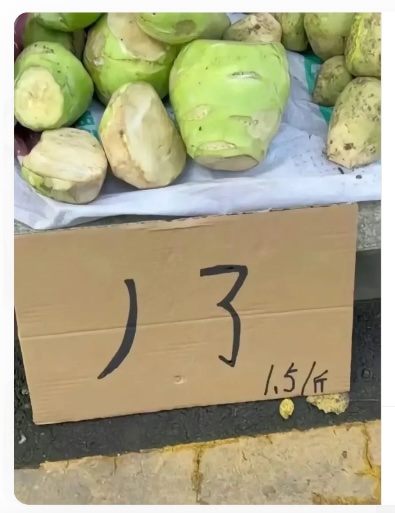Languageness
Jichang Lulu briefly alluded to work on languages of Italy in the dialectometry thread (here [the whole comment is well worth reading, as are the comments by Jonathan Smith [here — this one on an earlier thread, here, here, and here] on that post). He also thought that Language Log readers might find of interest some comments in this paper by Mauro Tosco.
"Measuring languageness: Fact-checking and debunking a few common myths", DIVE-IN
“Interestingly, the more traditional classifications are marred by purely sociolinguistic analyses – and quite often their accompanying political and ideological underpinnings – the more they are proven wrong when dialectometry is applied.”
(Tosco: homepage; International Research Group on Contested Languages)
Read the rest of this entry »

